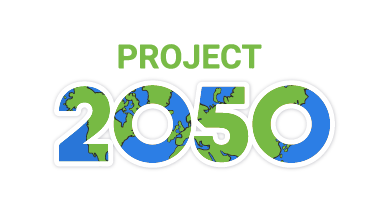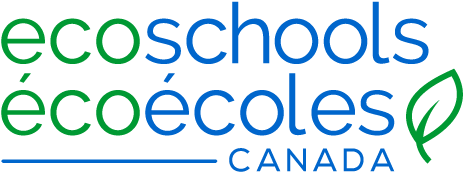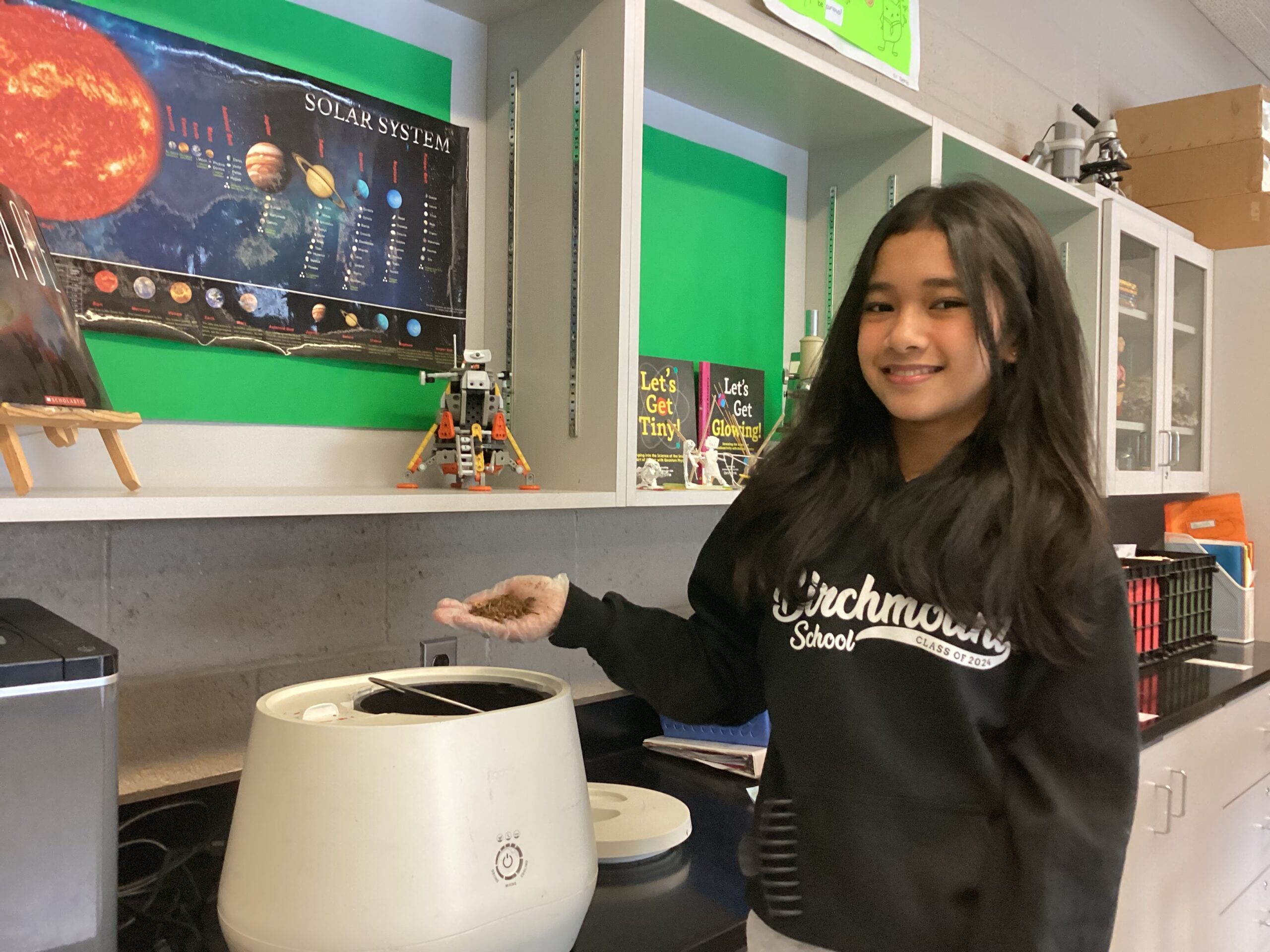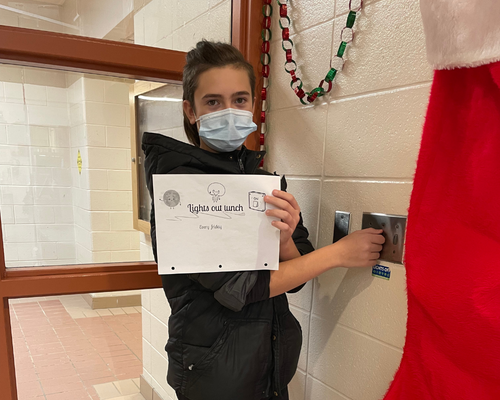Project 2050 is all about adopting small but impactful climate-friendly habits. See examples of how students are taking action at their schools!

Inspiring Others to Act
“My goal is to inspire others to take similar steps to protect the environment.
…We’re all humans living on this planet, and if we don’t take care of it, we cannot expect it to take care of us. That’s why, I will continue to participate in Project 2050 actions and take steps to better care for the earth”
– Rama, student at Adamsdale Public School (RDSB).
Small Actions, Big Impact
“Everyone can take action, even kids, that’s one thing that I learned when I joined the EcoTeam. We are reducing what goes into our waste at Elmwood school and home by composting. Our plan is to use the compost that we create in our little garden, we call the “nature escape”.
…Small actions, can make a big difference, like spreading awareness a little bit more can make a huge difference in our society!”
– Meagan, student at Elmwood School (EPSB).
School-Based Composting
“Participating in Project 2050 has helped me learn more about climate change and helping the environment by reducing waste, composting, and walking. I joined our school’s compost crew to help minimize garbage and convert it into compost. It is a way of recycling organic materials to be used as plant fertilizer and to improve the soil’s physical, chemical, and biological properties.
This approach benefits the environment by reducing the need for chemical fertilizers, restoring soil fertility, and improving water retention and nutrient delivery to plants. In addition, composting also reduces greenhouse gas emissions by increasing carbon absorption in the soil, which helps climate change. Being a part of our compost team at school and seeing how it impacts on our environment has inspired me to keep on doing it, inside and even outside of school.
Having to do these small things can make a big impact on the environment. Helping the environment could be big for everyone because a clean and healthy environment directly contributes to human well-being. Air pollution, water pollution, and exposure to harmful chemicals can be harmful to human health. Protecting the environment helps mitigate these risks. And it involves efforts to reduce greenhouse gas emissions, mitigate climate change impacts, and work towards a more sustainable and resilient future.”
– Megan, student at Birchmount School (AES-D).
Meatless Mondays and Waste-Free Lunch
“Completing tasks like meatless Mondays and litter less lunch are excellent ways to help us learn the goal of Project 2050- which is to achieve net zero emissions by 2050. By completing these small but manageable tasks, we can make a big impact. Protecting our planet for the future of our generation- and more generations to come.”
– Mikael, student at St. Kevin (DPCDSB).
Textile Drive
“This year I helped organize a collection of textiles for our school’s annual textile drive. We collected all textiles, from clothes to blankets to shoes and backpacks or bags. We separated winter clothing in good condition to help less fortunate people and families get through the winter months. The main idea was to encourage people to realize that textiles should not be thrown away, because they can be reused or recycled and reduce the impact of textiles on the planet. In the future I hope our school will continue to donate and have a textile drive!”
Carson, student at Errol Village PS (LKDSB).
Project 2050 is a collaboration between EcoSchools Canada and Earth Rangers, a multi-year project that supports students and their communities to accomplish environmental actions that contribute to Canada’s 2050 climate targets.



